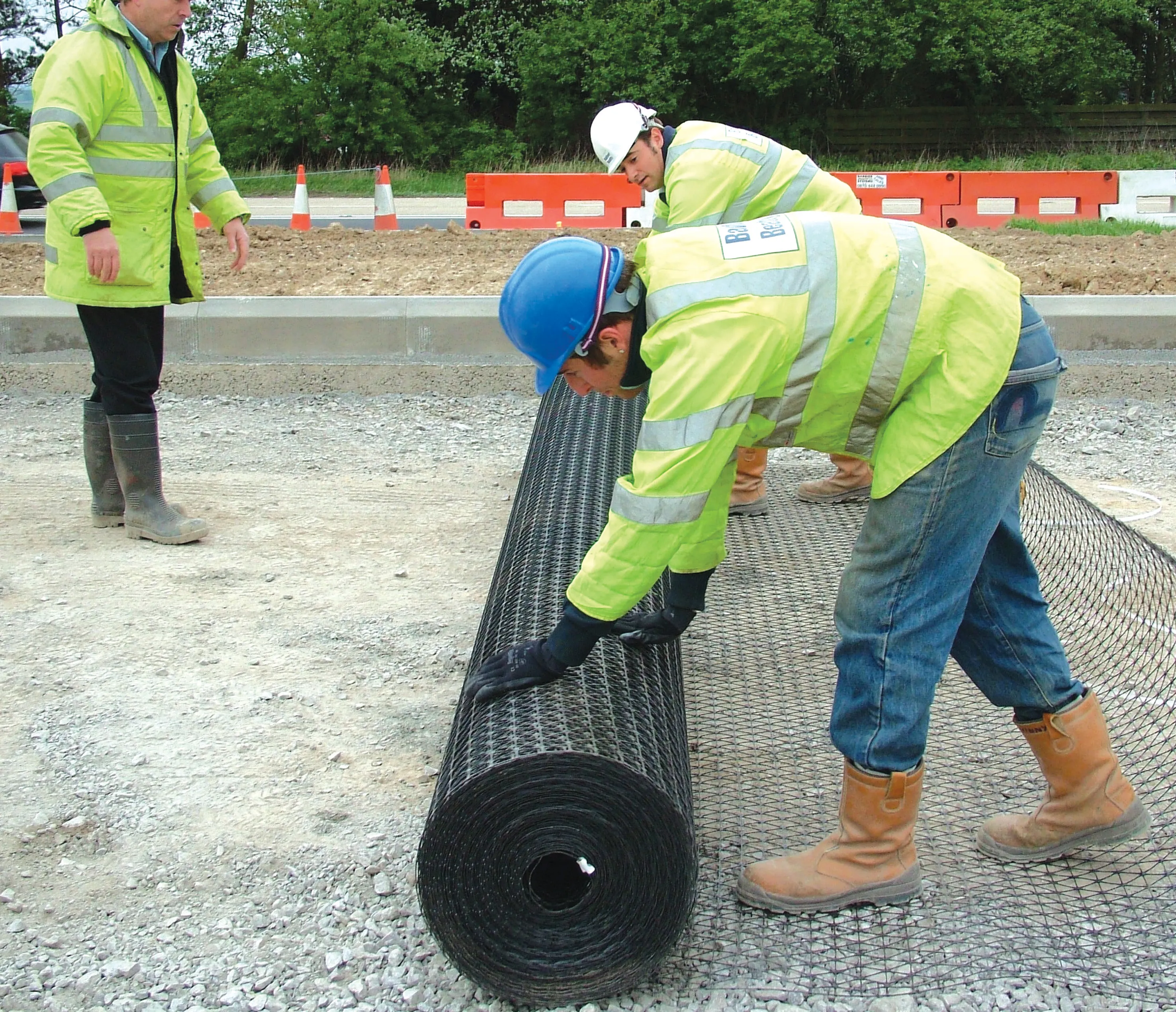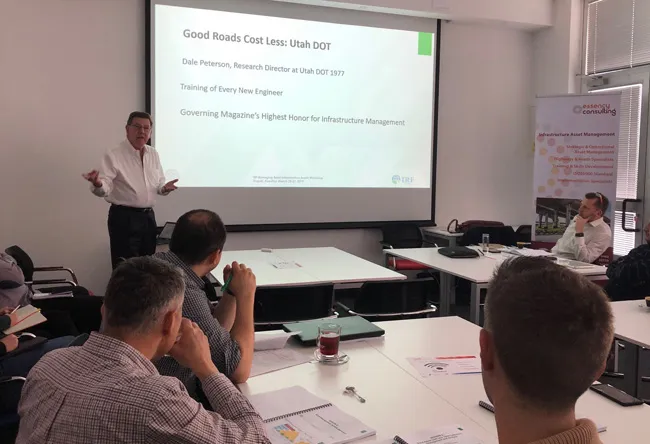The ContiTech Power Transmission Group has pledged to continue its fight against product and brand counterfeiters after counterfeit V-ribbed belts, destined for passenger cars and sports utility vehicles (SUV), were discovered in a warehouse in Casablanca, Morocco. The retailer had already prepared them for sale but, after a tip-off from ContiTech, local authorities seized the belts and had them destroyed. The retailer now faces legal prosecution.
September 7, 2012
Read time: 2 mins
The 1527 ContiTech Power Transmission Group has pledged to continue its fight against product and brand counterfeiters after counterfeit V-ribbed belts, destined for passenger cars and sports utility vehicles (SUV), were discovered in a warehouse in Casablanca, Morocco.
The retailer had already prepared them for sale but, after a tip-off from ContiTech, local authorities seized the belts and had them destroyed. The retailer now faces legal prosecution.
In addition to counterfeits of other manufacturers' products, ContiTech rip-offs were discovered during raids on several retailers.
“We acted quickly and took the appropriate measures together with all those involved,“ said Steffen Than, pricing manager Europe and trademark protection officer at the ContiTech Power Transmission Group.
Investigators, lawyers, and ContiTech employees all worked closely with the Moroccan authorities. The police forces confiscated the counterfeit goods shortly after the first allegations surfaced.
To protect itself from pirate products, the ContiTech Power Transmission Group said they promoted a comprehensive approach consisting of organisational, technical, legal, and communicative measures.
The retailer had already prepared them for sale but, after a tip-off from ContiTech, local authorities seized the belts and had them destroyed. The retailer now faces legal prosecution.
In addition to counterfeits of other manufacturers' products, ContiTech rip-offs were discovered during raids on several retailers.
“We acted quickly and took the appropriate measures together with all those involved,“ said Steffen Than, pricing manager Europe and trademark protection officer at the ContiTech Power Transmission Group.
Investigators, lawyers, and ContiTech employees all worked closely with the Moroccan authorities. The police forces confiscated the counterfeit goods shortly after the first allegations surfaced.
To protect itself from pirate products, the ContiTech Power Transmission Group said they promoted a comprehensive approach consisting of organisational, technical, legal, and communicative measures.








